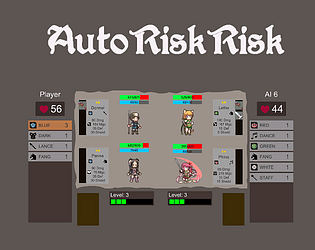Outdated Technology in Modern Use: 8 Surprising Real-World Cases
We upgrade our technology regularly – new iPhones, faster processors, graphics cards capable of handling the latest games. Old hardware often gets resold or discarded. But many outdated devices remain surprisingly functional and even indispensable. Here are eight examples of vintage tech that's still going strong:
Table of Contents
- Retro Computers Mining Bitcoin
- A Reliable Mechanic's Assistant Since the '80s
- Vintage Tech as a Bakery POS System
- Outdated Systems Managing Nuclear Arsenals
- Windows XP Powers Multi-Billion Dollar Aircraft Carrier
- Critical Airport Infrastructure Fails Due to Legacy Software
- Classic Hardware Used for Cutting-Edge Research
- Nostalgia Keeps Old Systems Alive
Retro Computers Mining Bitcoin
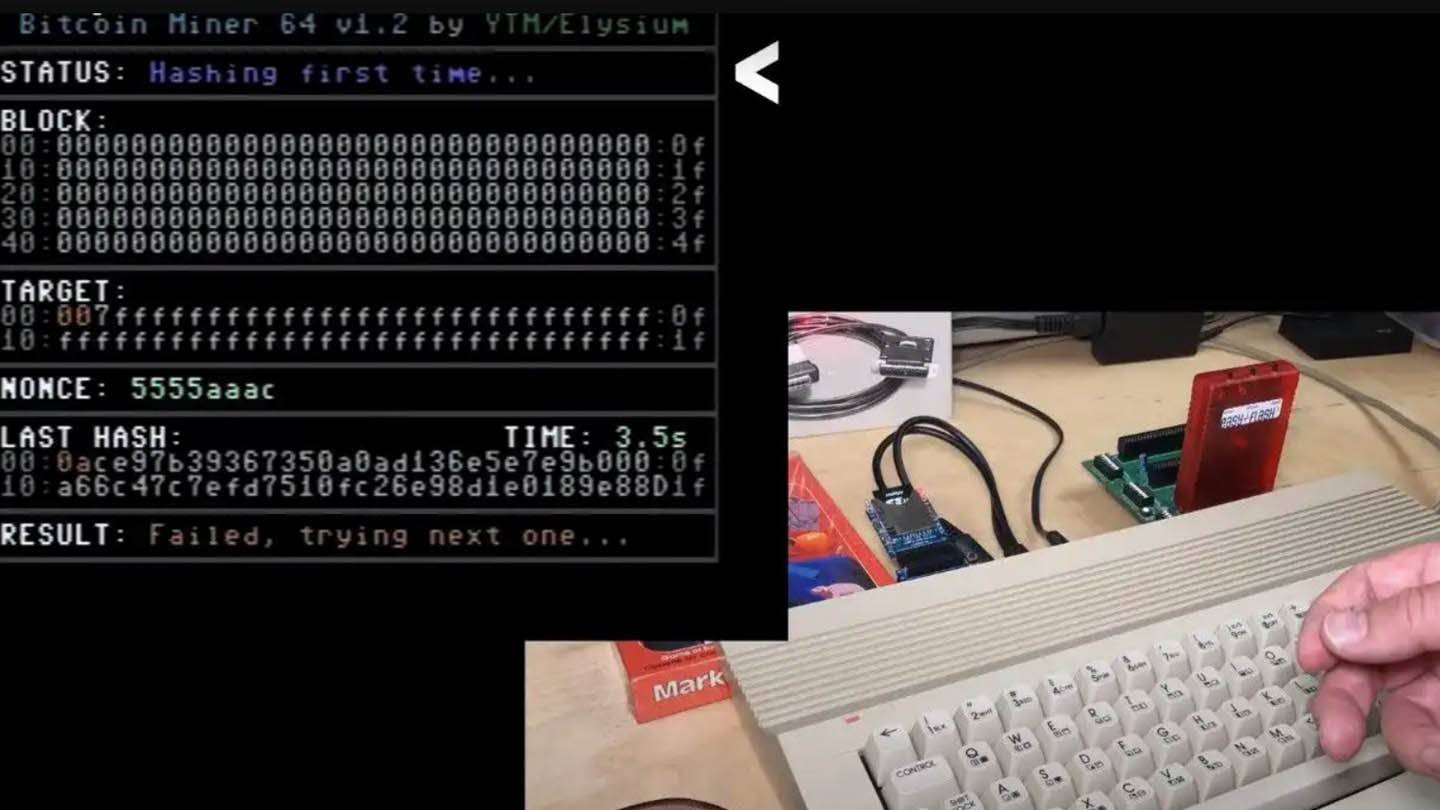 Image: x.com
Image: x.com
Believe it or not, a Commodore 64 (from 1982!) has been used to mine Bitcoin. The results? A paltry 0.3 hashes per second, thanks to its 8-bit, 1 MHz processor. An RTX 3080 GPU, for comparison, manages 100 million hashes per second. Mining a single Bitcoin on a C64 would take approximately a billion years. Similarly, a YouTuber used a 1989 Nintendo Game Boy (connected to the internet via a Raspberry Pi Pico) to mine Bitcoin at a rate of 0.8 hashes per second – still incredibly slow.
A Reliable Mechanic’s Assistant Since the '80s
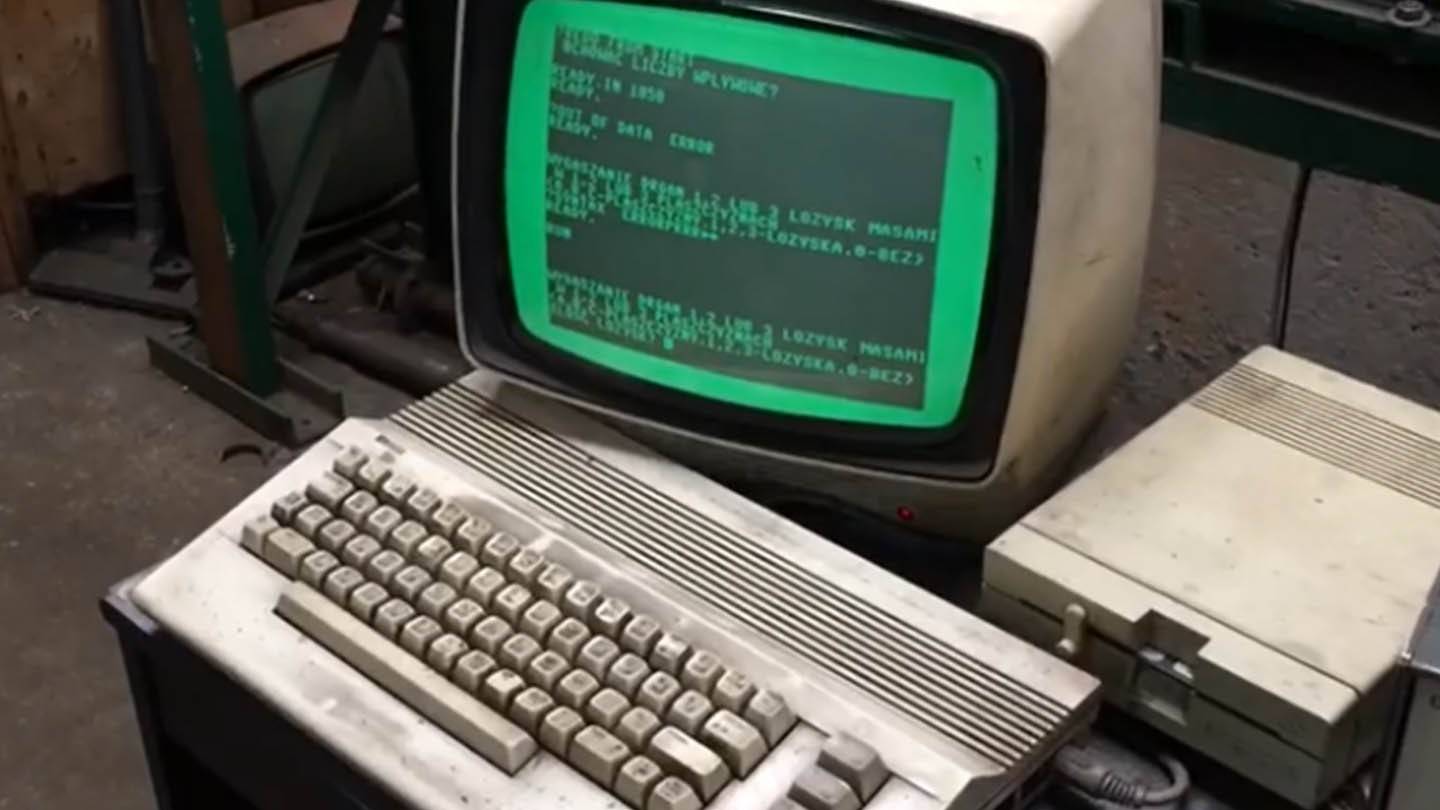 Image: x.com
Image: x.com
In Gdansk, Poland, a Commodore 64C has been a mechanic's trusty assistant for over three decades. It even survived a flood! This 1 MHz, 64 KB computer flawlessly handles custom software for drive shaft calculations, proving that sometimes older technology outlasts its modern counterparts.
Vintage Tech as a Bakery POS System
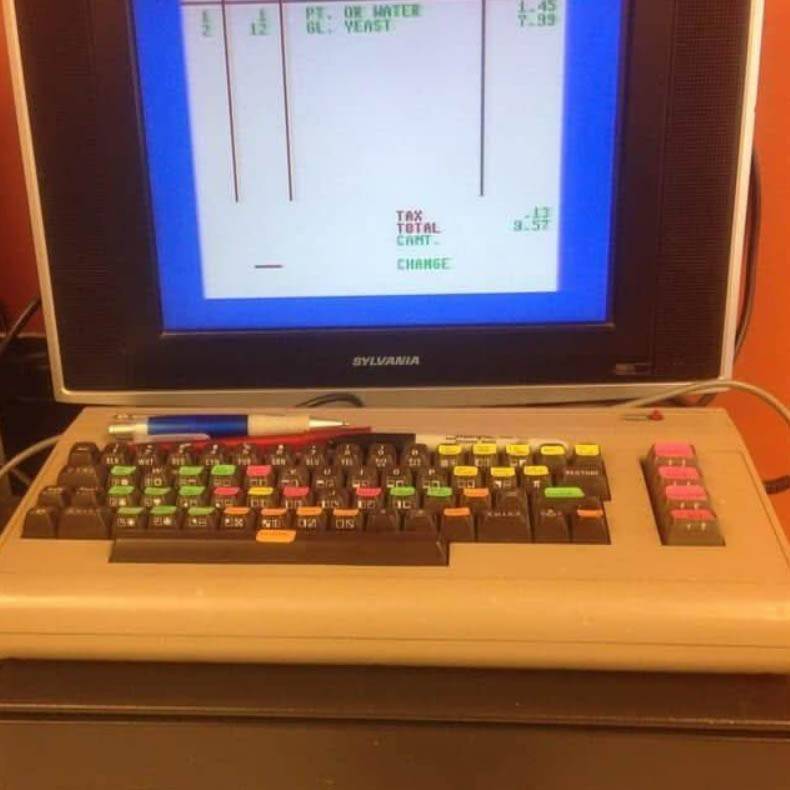 Image: x.com
Image: x.com
An Indiana bakery has used a Commodore 64 as its point-of-sale (POS) system since the 1980s. Affectionately nicknamed the "breadbox," this online cash register remains reliable, requiring only occasional keyboard label updates for new baked goods – a stark contrast to the frequent software update headaches of modern POS systems.
Outdated Systems Managing Nuclear Arsenals
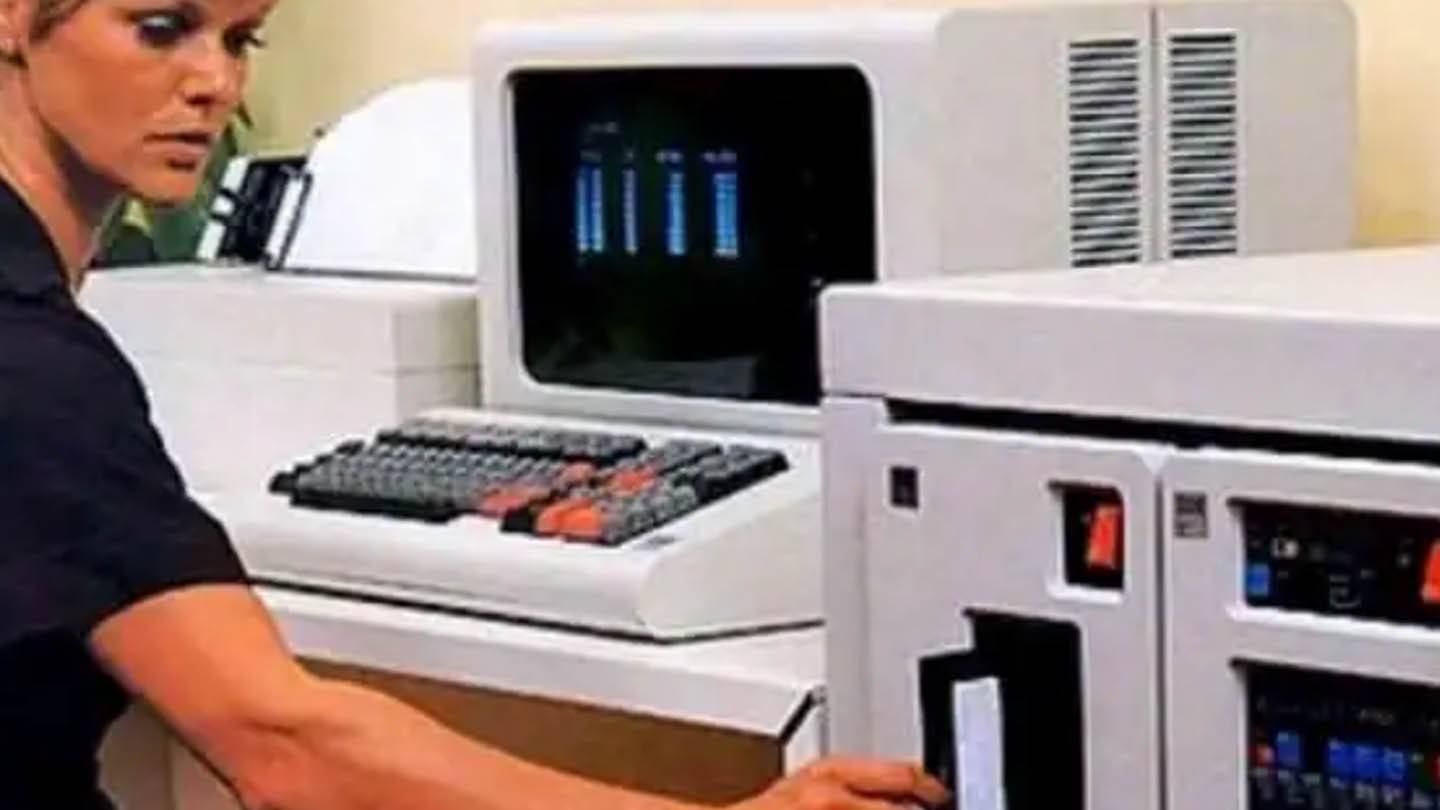 Image: x.com
Image: x.com
The United States manages part of its nuclear arsenal using an IBM computer from 1976, relying on 8-inch floppy disks (approximately 80 KB of storage). While modernization is planned, the system's proven reliability keeps it in operation. Similarly, Germany's naval fleet uses 8-inch floppy disks on its Brandenburg-class frigates, despite being equipped with modern weaponry. Upgrades are underway, including floppy disk emulators, but the original system persists.
Windows XP Powers Multi-Billion Dollar Aircraft Carrier
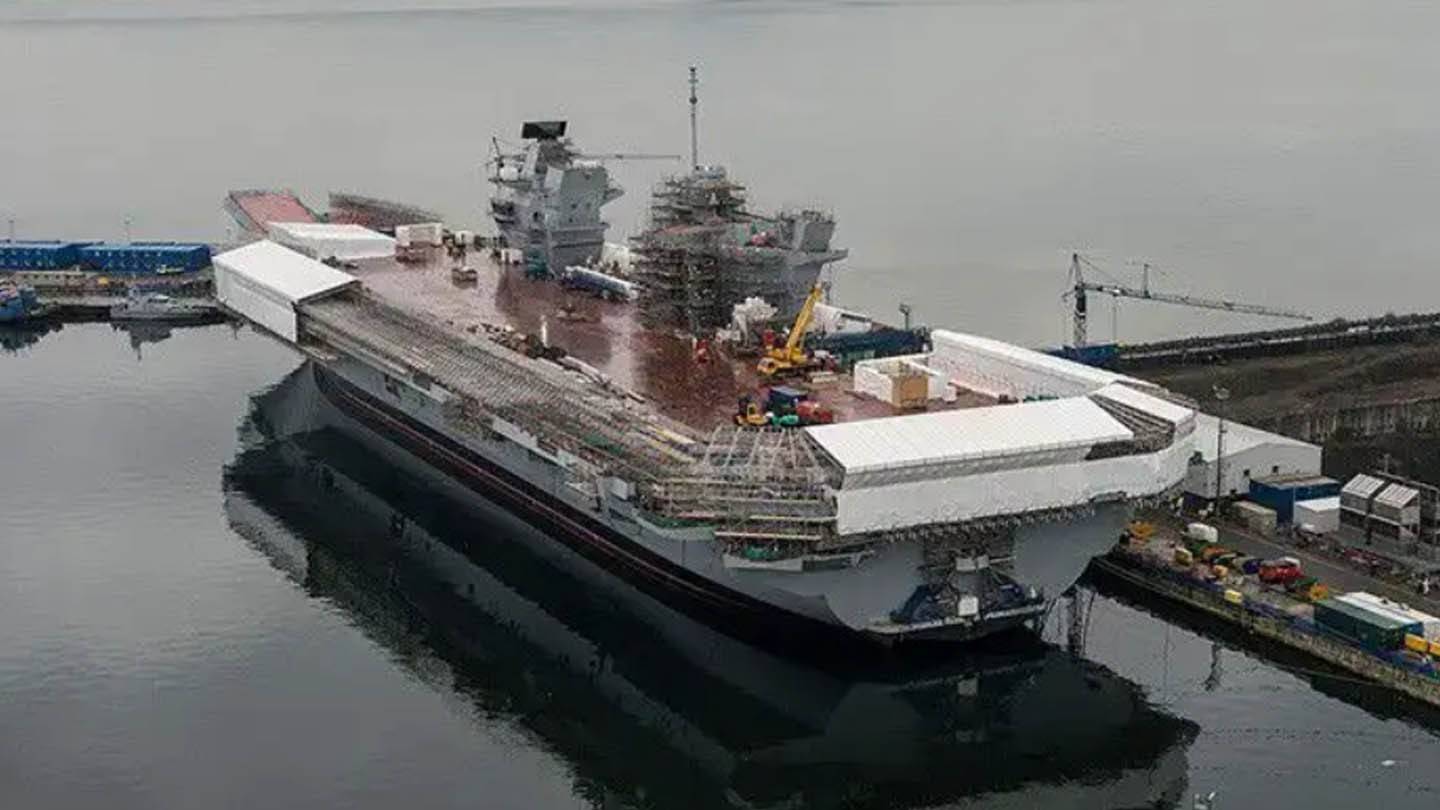 Image: x.com
Image: x.com
The British aircraft carrier HMS Queen Elizabeth, a multi-billion dollar vessel, runs on Windows XP (support ended in 2014). While the Royal Navy assures necessary security measures are in place, the reliance on outdated software is noteworthy. The same is true for Britain's Vanguard-class submarines, which use Windows XP for intercontinental missile management (currently offline for security reasons, with updates not planned until 2028).
Critical Airport Infrastructure Fails Due to Legacy Software
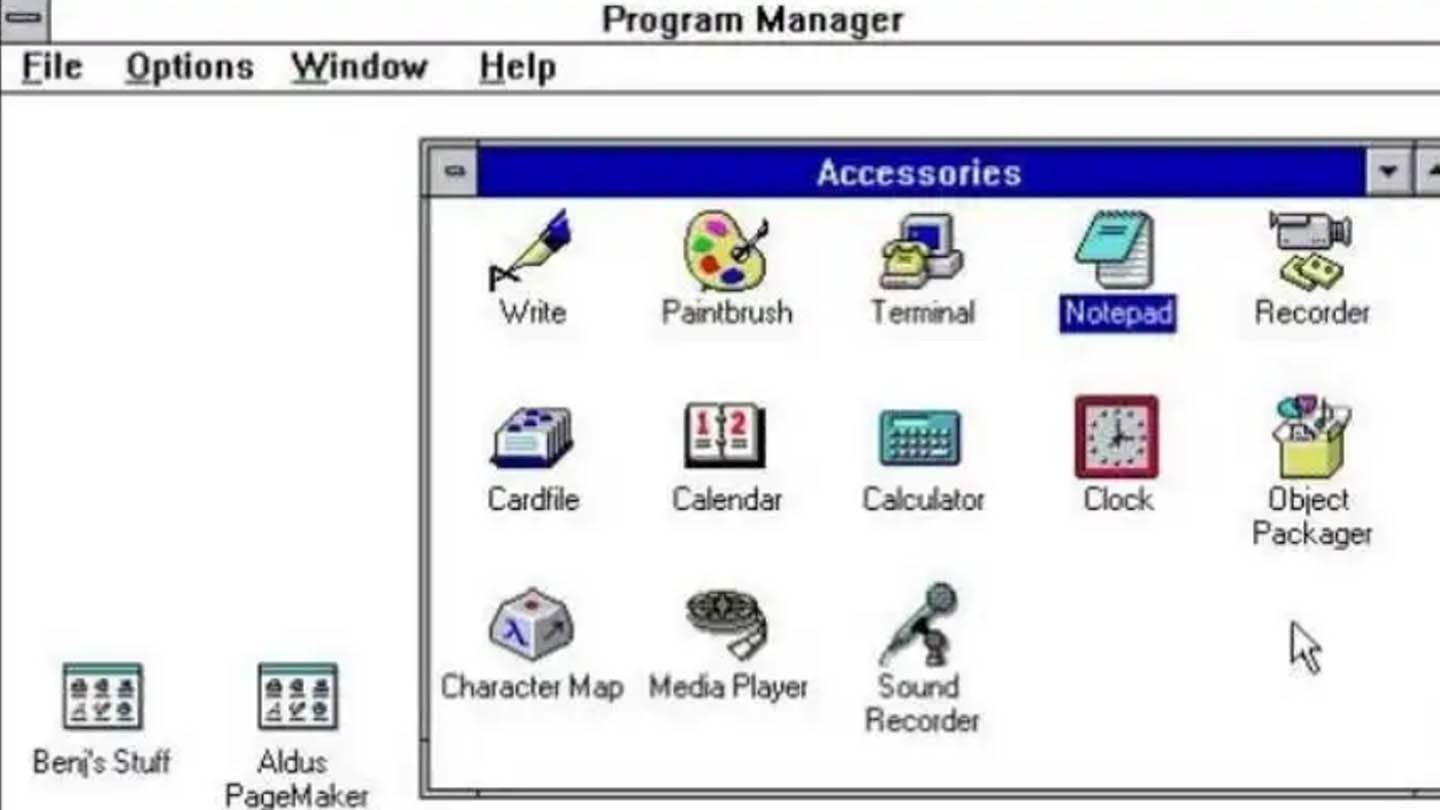 Image: x.com
Image: x.com
In 2015, Paris Orly Airport experienced a system failure when a computer running Windows 3.1 (from 1992) crashed, halting the DECOR software (providing weather data to pilots) and causing flight suspensions.
Classic Hardware Used for Cutting-Edge Research
Retro computers, like the Commodore 64, are surprisingly useful in educational settings and for simple scientific simulations. Their simplicity makes them ideal for teaching fundamental computing concepts.
Nostalgia Keeps Old Systems Alive
Many organizations maintain legacy systems due to familiarity, established workflows, or the cost of upgrades. This highlights the enduring value of familiar tools and processes.
These examples demonstrate the surprising resilience of outdated technology. From gaming consoles mining cryptocurrency to vintage computers managing critical infrastructure, legacy tech continues to serve important functions. While upgrades are inevitable, these systems highlight the enduring value of simplicity and reliability.
-
For devoted fans of the Nekopara series, exciting developments await! Good Smile Company and Neko Works have joined forces to unveil Nekopara Sekai Connect, scheduled for release in Spring 2026 across Android, iOS, and PC via Steam. The game will iniAuthor : Zoe Dec 18,2025
-
Covenant Release Date and TimeTo Be AnnouncedThe development team behind Covenant has not yet announced an official release date or which platforms and consoles will support the game. Currently, players can add Covenant to their wishlist on Steam.IsAuthor : Chloe Dec 18,2025
- Spring Valley Farm Game: January 2025 Redeem Codes
- WWE Superstars Join Call of Duty Warzone: Mobile Roster
- Midnight Girl is a minimalist point-and-click adventure set in Paris in the 60s, now open for pre-orders on mobile
- Mobile Legends: Bang Bang – Best Lukas Build
- "Grand Outlaws Unleashes Chaos and Crime on Android Soft Launch"
- Video Game Song Surpasses 100 Million Streams on Spotify








